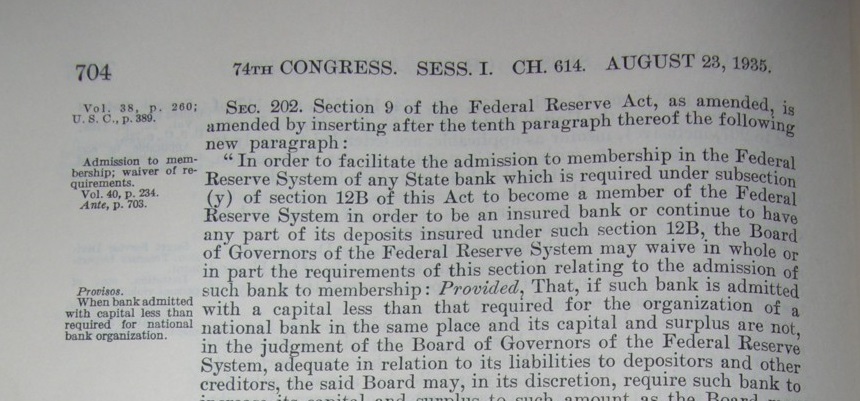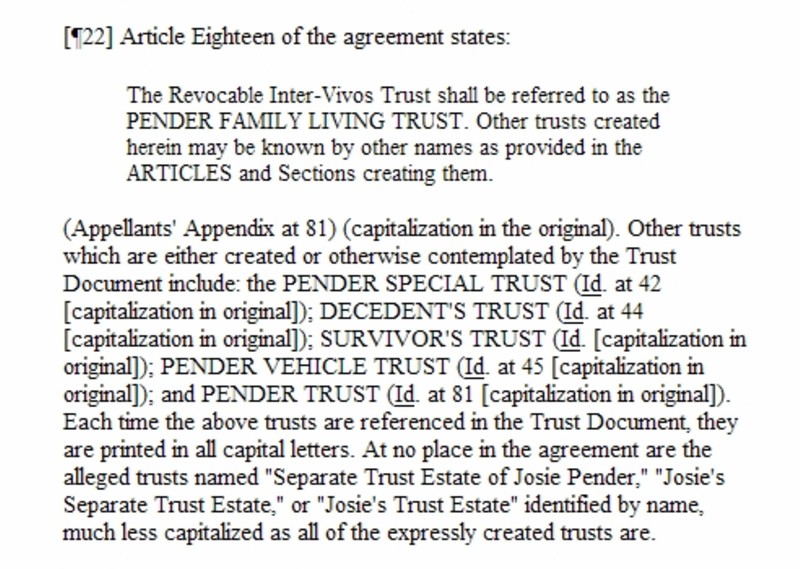RE: Extent of transaction based endorsement
Inbox
David Merrill
1:56 AM (19 minutes ago) to:
125 suitors redacted
They are a member bank by a blanket endorsement, not making demand for redemption on the signature card. So you are making demand for lawful money, but from their little bank instead of the big bank.
That is a very complicated scenario. You are not a member bank because of redemption. If you endorse private credit from the Fed, you become a member bank.
What an interesting lesson/scenario! Non-member banks can go to the Fed too. Redeemed banks (suitors) can still bank, but you are banking with a member bank who is not redeemed, because they have a convenient account with an easily recognized member bank. Fascinating.
You can't make this stuff up!

__________________________________________________ ___
From:
Sent: Tuesday, December 15, 2020 5:29 PM
To:
esauphacus@pcisys.net
Subject: Extent of transaction based endorsement
David M.,
I am wondering the extent of utilizing my redemption stamp when a co-signers account is used to cash a tax return check?
Since I am to endorse the check and a fellow family member is signing below my endorsement with their account info, is there a conflict of interest?
Also, I hope you are doing well my friend.
-First Middle.







 Reply With Quote
Reply With Quote